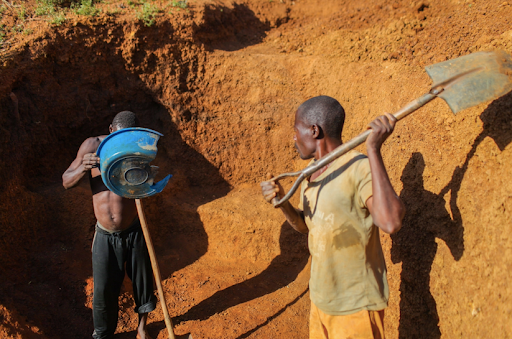Trending
- Africa’s natural resources: Will Trump’s policies benefit or exploit the continent?
- US Sanctions Zimbabwe’s gold smuggling Kingpin Kamlesh Pattni
- From Industry 5.0 to Future Finance: AIM Congress 2025’s bold agenda, key partners unveiled
- John Mahama Makes a Comeback as Ghana’s President
- Zambia’s solar energy drive: Fighting rural energy poverty with renewable options
- Nigeria to Ban Corn Exports Amid a Biting Food Security Crisis
- Democracy or diplomacy? Balancing U.S. interests in Africa under Trump 2.0
- African startups hit by funding drought in 2024, but innovation persists
